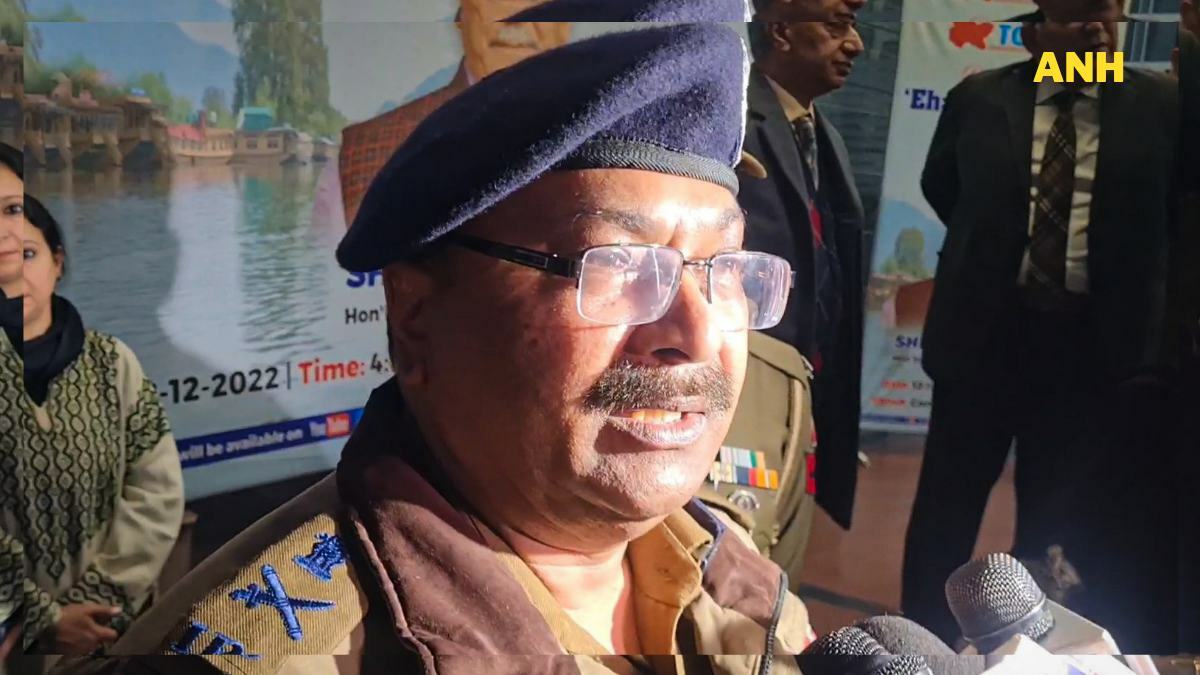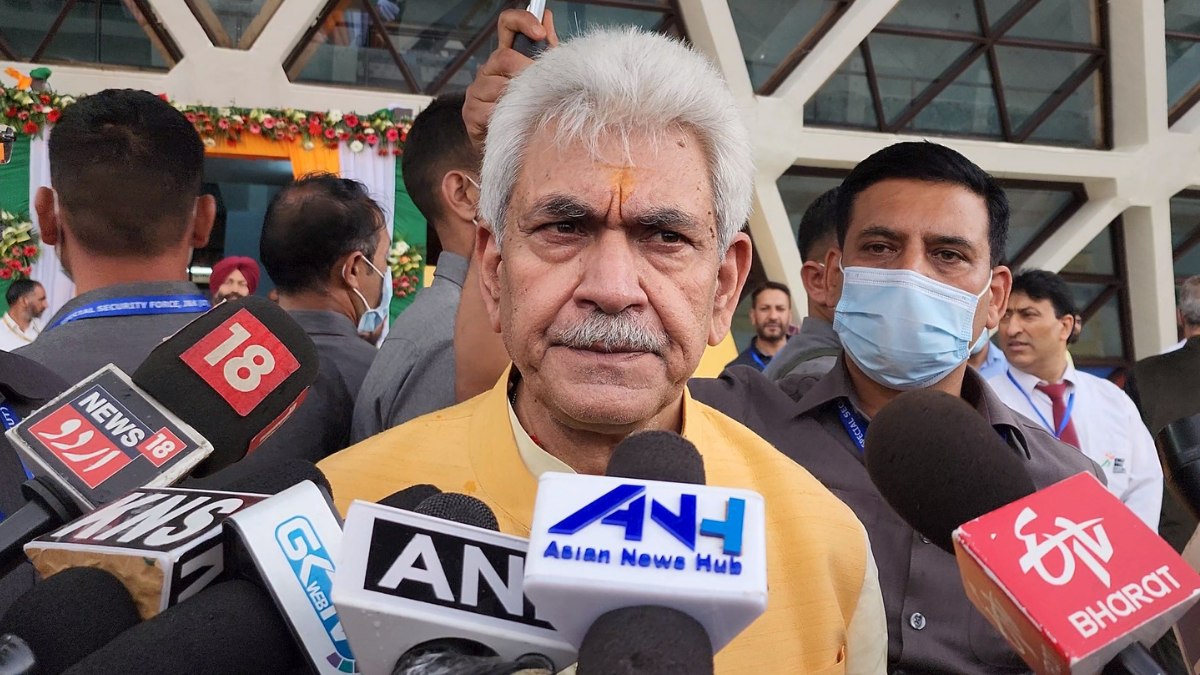Mohammad Nadeem Parray
In the enchanting valleys of Kashmir, love once flowed like a river—wild, pure, and untamed. From the poetry of Habba Khatoon to the melodies echoing across Dal Lake, the Kashmiri heart always pulsed with the rhythm of romance. But today, that rhythm has changed. Love is no longer blind. It wears glasses—thick ones—through which it carefully examines government job status, salary slips, and selection lists.
From Soulmates to Selection Lists
In the past, young hearts fell for poetry, for eyes that sparkled, and for voices that whispered sincerity. Today, parents and even young lovers pause and ask: “Is he in a government job?” or “Does she have a permanent post?” This single question often determines whether a love story turns into a Nikah or ends in heartbreak.
Government jobs have become the modern-day dowry in Kashmir. An unmarried man without a government position may be educated, noble, and deeply in love—but that is often not enough. Unless he has been appointed as a teacher, engineer, or junior assistant, love remains in waiting.
What Changed the Game?
Several factors have contributed to this societal shift:
Economic Uncertainty: With an underdeveloped private sector and persistent political instability, government jobs offer security and long-term benefits.
Social Status: Being a government employee elevates one’s standing in Kashmiri society. A constable may be preferred over a private-sector manager simply because of “permanency.”
Marriage Market: Families increasingly use government jobs as a key yardstick for marriage suitability, especially for girls. For many, it has become the primary condition.
The new rule is simple: No job, no Nikah.
Real Love Stories Paused for Appointments
Take Zubair, a 29-year-old postgraduate in mathematics. He has been in love with Asma for five years. But despite repeated attempts, he has failed to crack the JKSSB exams.
“Her parents say they like me, but they won’t let her marry me unless I get appointed,” Zubair says helplessly. Asma is now being pressured to marry a newly appointed forest officer.
Then there’s Aqsa, a well-qualified girl from Anantnag, who rejected a sincere suitor because he worked with an NGO on a contractual basis.
“My parents won’t accept him,” she said. “They fear instability.”
Love, once a matter of the heart, now requires a formal verification letter.
The Changing Face of Nikah in Kashmir
Nikah, traditionally a spiritual and simple union, has now been caught in this job-centric mindset. In Islamic teachings, Nikah is a blessed act based on piety, compatibility, and mutual respect. But today in Kashmir, it is often delayed or denied due to joblessness.
Instead of asking, “Is he a practicing Muslim?” or “Is she righteous and respectful?” conversations begin with:
Kya naukri lagi hai?
Permanent hai ya contractual?
PSC qualify kiya?
The result? Thousands of young men and women remain emotionally committed but legally apart—waiting for jobs before making their love halal.
Psychological Impact on Youth
This harsh reality has not come without consequences. The pressure to secure a government job for the sake of marriage has led to:
Mental Stress: Anxiety, depression, and feelings of inadequacy are common among young men who feel unworthy due to unemployment.
Delayed Marriages: Many are marrying late, leading to emotional burnout, loneliness, and sometimes, sinful relationships.
Broken Commitments: Long-term relationships are being sacrificed at the altar of social status and financial security.
What was once a soulful connection has now become a test of patience—and paperwork.
Islamic Perspective: A Forgotten Standard
In Islam, the criteria for a good match are not wealth or status, but Deen and character. The Prophet Muhammad ﷺ said:
“If a person whose religion and character you are pleased with comes to you (with a proposal), then marry him.” (Tirmidhi)
Unfortunately, this principle is slowly disappearing from Kashmir’s marriage discourse. A man who prays, fasts, and lives honestly may still be rejected if he doesn’t hold a government post.
Likewise, women are now expected to be not just educated but employed—ideally as government teachers or doctors—to be considered “ideal” brides.
Social Media & Matrimonial Ads
Facebook groups and local Kashmiri matrimonial pages now read more like job circulars: “Looking for a groom for MA, B.Ed qualified girl. Preference: Government employee (Teacher, Lecturer, Engineer, KAS Officer).” “Well-educated boy, currently unemployed, searching for bride. Few responses.”
Love in Kashmir has become an exam—with criteria, cutoffs, and quotas. It’s no longer about finding a life partner; it’s about matching ranks.
Can Love Be Liberated Again?
There is still hope. While the majority may follow this “job-first, love-later” philosophy, there are brave hearts who dare to prioritize emotional compatibility and Islamic values.
Couples who marry despite financial struggles often find deeper companionship. Families who support such unions prove that character still matters more than career.
Some Ulema and social workers are now actively encouraging early and simple Nikah without job-based conditions. But their voices are yet to overpower the dominant narrative of economic obsession.
Conclusion: A Love Deferred
In today’s Kashmir, love waits—quietly and painfully.
It waits for a job notification.
It waits for a joining letter.
It waits for society’s approval stamped with “permanent employee” status.
The spiritual beauty of Nikah has been overshadowed by the harsh demands of a bureaucratic society. Until the collective mindset changes, love in Kashmir will remain suspended—not in air, but in files.
Perhaps the most tragic irony is this:
In a land known for its poetry, love now speaks in the dry language of employment.
But hearts still beat. Souls still connect.
And somewhere in the quiet corners of this valley, a few still believe—
Love will find a way, with or without a job.
• The views expressed in this article are those of the author and do not necessarily reflect the editorial stance of Asian News Hub. The author is an educationist and can be reached at [email protected].
















